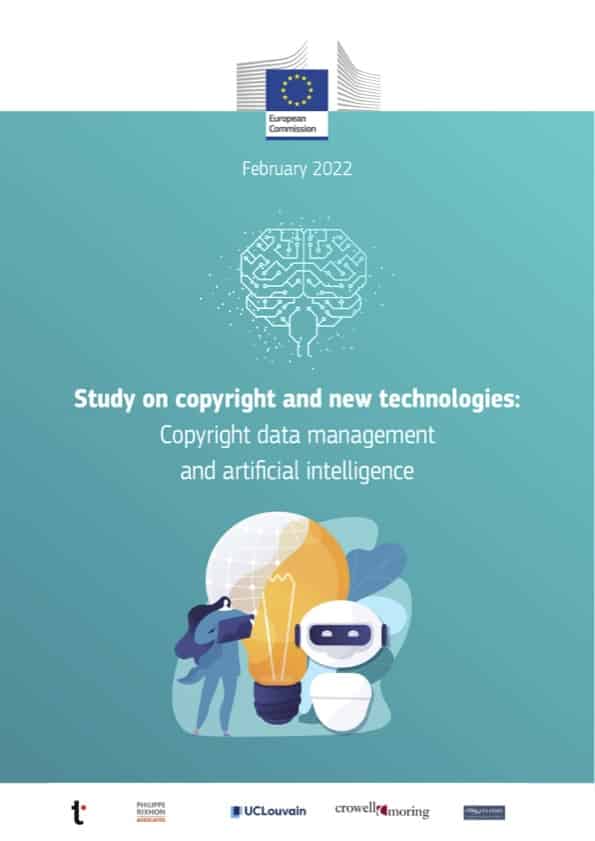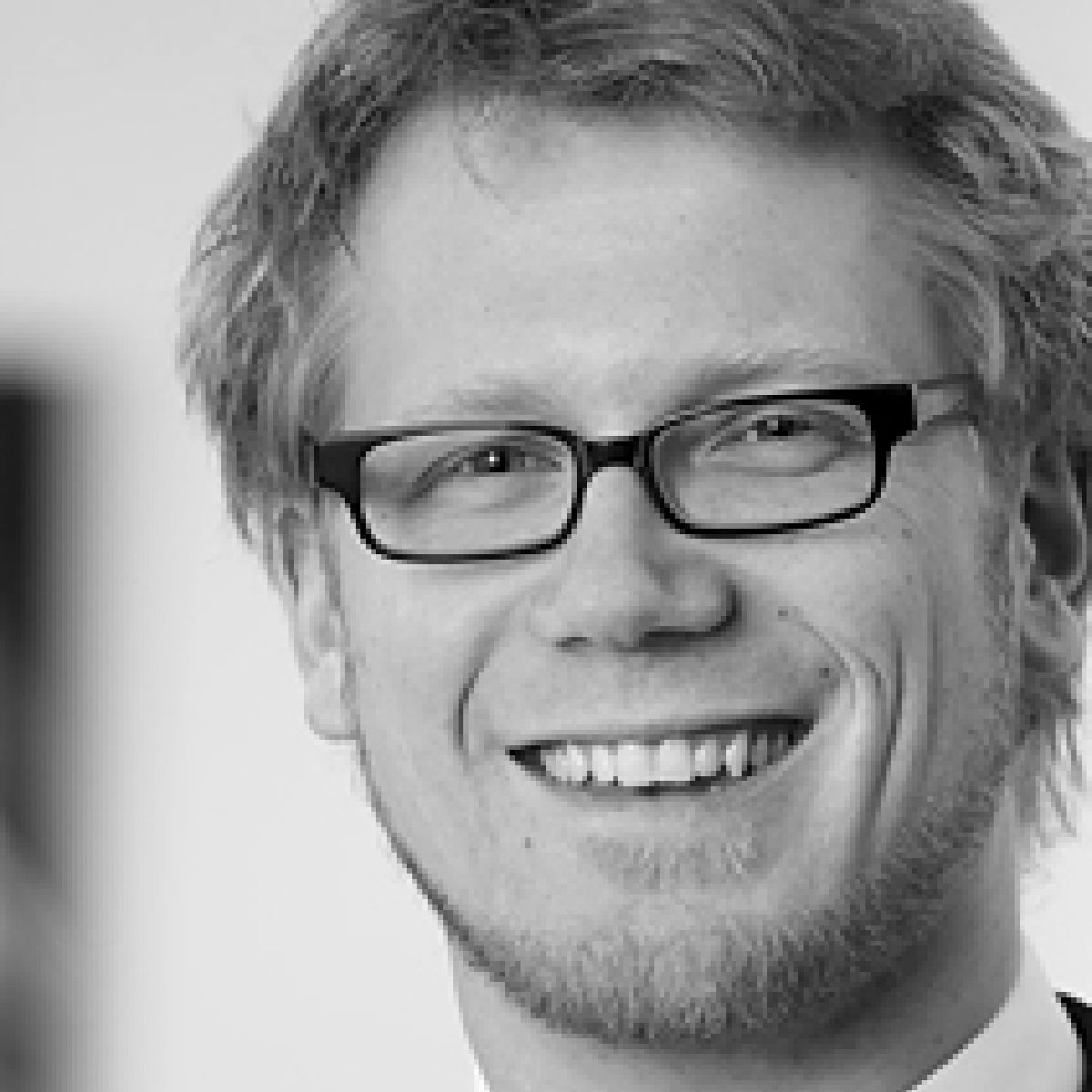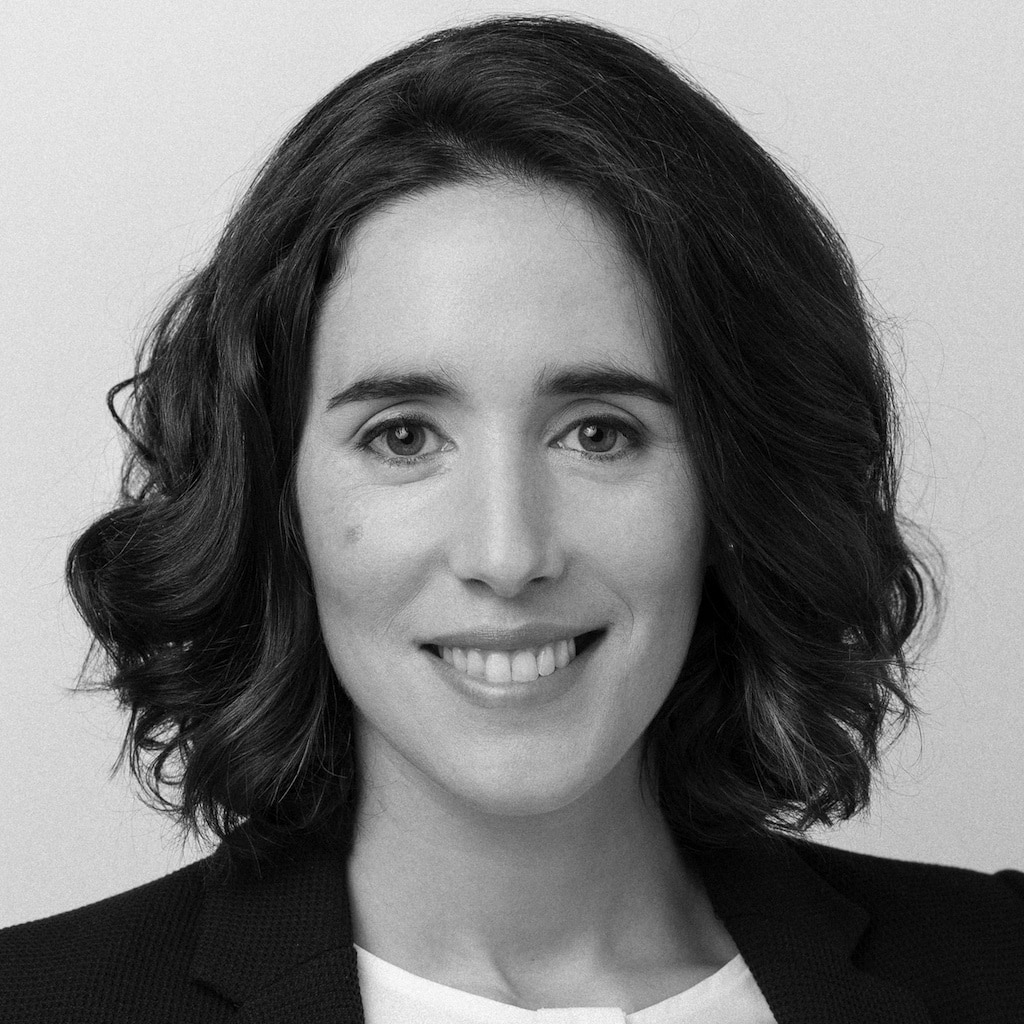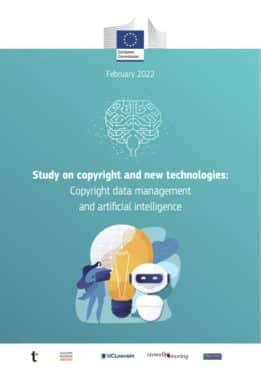Study on copyright and new technologies
Erscheinungsdatum: 10 Mai 2022 | Sprache der Studie: EN
This study looks at creative sectors and their use of new technologies, such as blockchain and artificial intelligence (AI), from a copyright perspective. The study identifies avenues for further exploration by stakeholders, policy makers and academics.
The first part looks into the potential use of new technologies to improve the management of data linked to copyright-protected content by European creative sectors, particularly in the online environment. It maps the ongoing initiatives, identifies copyright data management challenges in the creative sectors, and reviews the role of technology in managing rights, licensing, and collecting and distributing the remuneration. It also identifies avenues to raise awareness about the importance of (meta)data and to increase interoperability between sectors. This part of the study was performed by Philippe Rixhon, with support of Florian Berger (Technopolis Group) and Alfred Radauer (IMC University of Applied Sciences Krems). The team was advised by industry experts from the music, film and publishing sectors who acted as a sounding board for the project and consisted of Piero Attanasio, Chris Cooke and Sten Saluveer. Further support was also provided by Fabian Waiblinger and Dominik Beckers (Technopolis Group).
The second part presents the use of artificial intelligence solutions in four creative sectors (visual arts, music, audiovisual and film, gaming), before exploring possible emerging legal questions related to the interaction with the copyright legal framework. It shows that the reliance on these solutions is increasing, even though the degree of adoption of AI solutions varies significantly from sector to sector. For further discussion, the study looks at different avenues to tackle these questions from two angles: the input and the output side of the AI production chain. This part of the study was performed by Alain Strowel (UCLouvain), Sari Depreeuw (Crowell & Moring LLP), Luc Desaunettes-Barbero (UCLouvain) and María del Carmen Calatrava Moreno (Technopolis Group).




